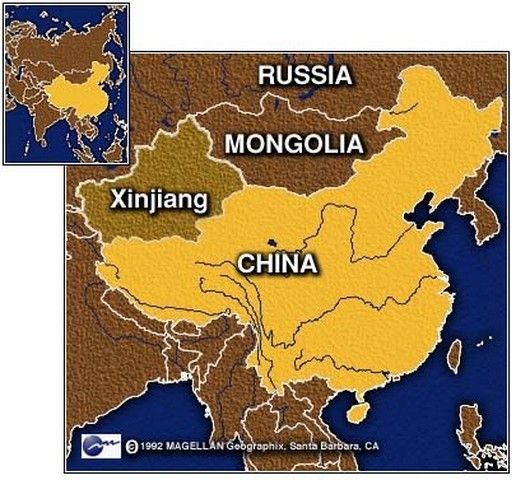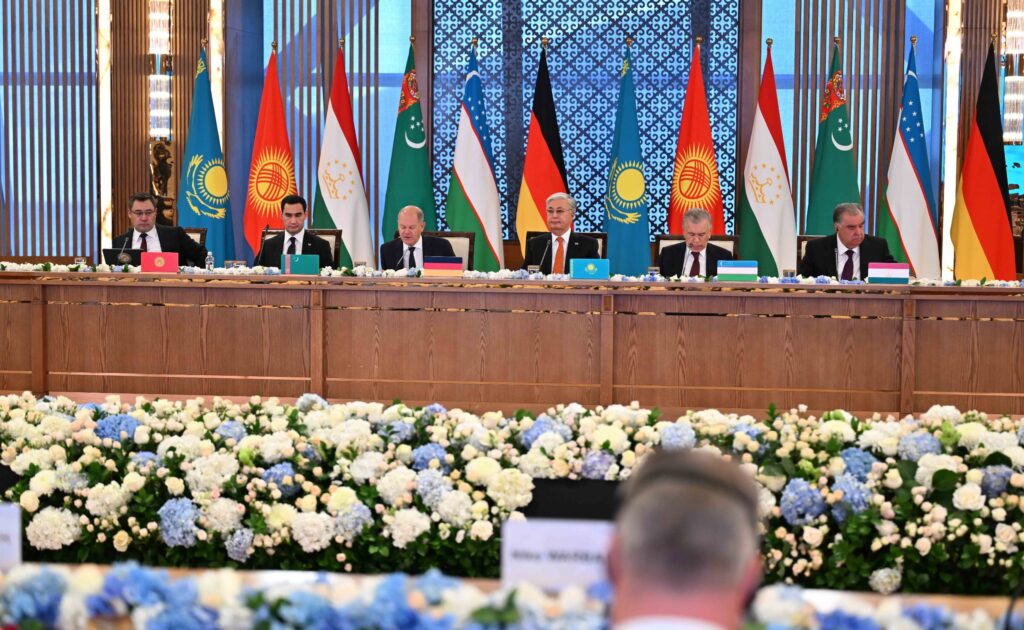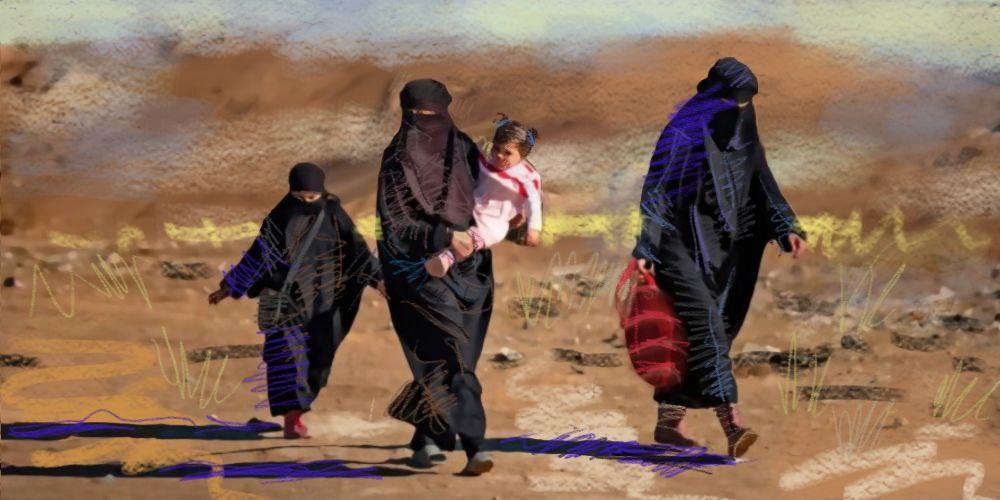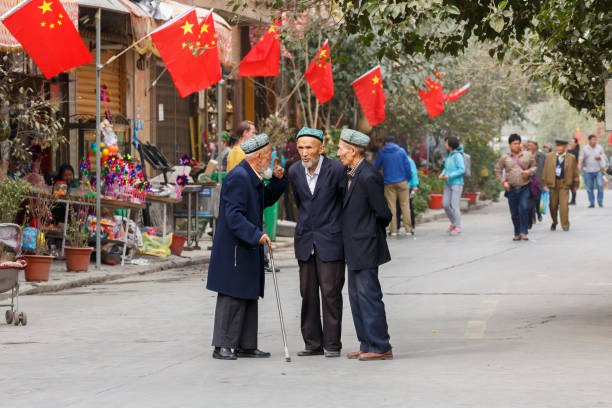BISHKEK (TCA) — The Uyghur Human Rights Project (UHRP), a human rights research, reporting and advocacy organization, on July 3 called on China’s authorities to reveal the condition of Uyghurs disappeared after the 2009 unrest in Urumchi in China’s Xinjiang Uyghur Autonomous Region, and meet international human rights standards on police detention.
In the wake of unrest in Urumchi in 2009 reports of Uyghurs forcibly disappeared in security sweeps of the city’s neighborhoods emerged in media articles and the reports of human rights organizations.
Eight years after the unrest, the fate of Uyghur individuals disappeared by the Chinese state is still unknown to their families, UHRP said.
“The unrest in Urumchi changed the lives of Uyghurs. The use of live fire on Uyghur protestors sent a clear message the Chinese state has run out of solutions to legitimate Uyghur grievances. Since 2009, we have witnessed tighter controls on religion, loss in status of the Uyghur language, suppression of rights to free speech, association, and assembly, as well as accelerated economic discrimination and marginalization,” said UHRP Director Omer Kanat.
“However, for the families of Uyghurs disappeared by Chinese security forces in sweeps of Uyghur neighborhoods after the 2009 unrest, there is a personal loss that cannot be reconciled without transparency from China,” Mr. Kanat added. “It is the responsibility of the international community to speak out for these Uyghur families and tell China it should disclose details of their loved ones’ cases.”
On July 5, 2009, Uyghurs peacefully assembled in People’s Square in Urumchi to protest government inaction over a deadly attack on Uyghur factory workers in Shaoguan, Guangdong Province. The details of what happened that day, and over the following months, have been unclear. What is known is that the city erupted into unprecedented unrest that resulted in the deaths of an unknown number of people. Reports issued by Amnesty International and the Uyghur Human Rights Project described eyewitness accounts of state security forces firing on peaceful Uyghur protesters.
In the eight years since the unrest questions remain over enforced disappearances of Uyghurs. A report issued by Human Rights Watch in October 2009 documented large-scale sweep operations conducted by security forces in two predominantly Uyghur areas of Urumchi beginning July 6. Human Rights Watch’s report recorded enforced disappearances of 43 Uyghur men. Brad Adams, Asia director at Human Rights Watch, called the documented disappearances the “tip of the iceberg.”
In an article dated May 14, 2012, Radio Free Asia described how 36 Uyghur families had come forward with accounts of missing family members since the July 5, 2009 protest. The report on the 36 missing Uyghurs followed a Radio Free Asia article dated May 11, 2012 describing the disappearance of Imammemet Eli. Eli’s mother, Patigul, told Radio Free Asia reporters her son was detained on July 14, 2009 and the last information she had on his condition was obtained nine months after his arrest. For her persistent questioning of Chinese authorities regarding her son’s fate, Patigul was detained for two years. Further troubling aspects of state security actions post-July 5, 2009 are reports of minors arbitrarily detained, tortured, sentenced, or simply disappeared.
UHRP has called on China to meet international human rights standards protecting individuals from enforced disappearance. UHRP believes international pressure should be applied on China to sign and ratify the International Convention for the Protection of All Persons From Enforced Disappearance; ratify the International Convention on Civil and Political Rights and realize the rights outlined in the Declaration on the Rights of Persons Belonging to National or Ethnic, Religious and Linguistic Minorities.
China’s northwestern Xinjiang region is home to a large Muslim Uyghur minority, who are blamed for separatism and religious extremism by authorities in Beijing.









